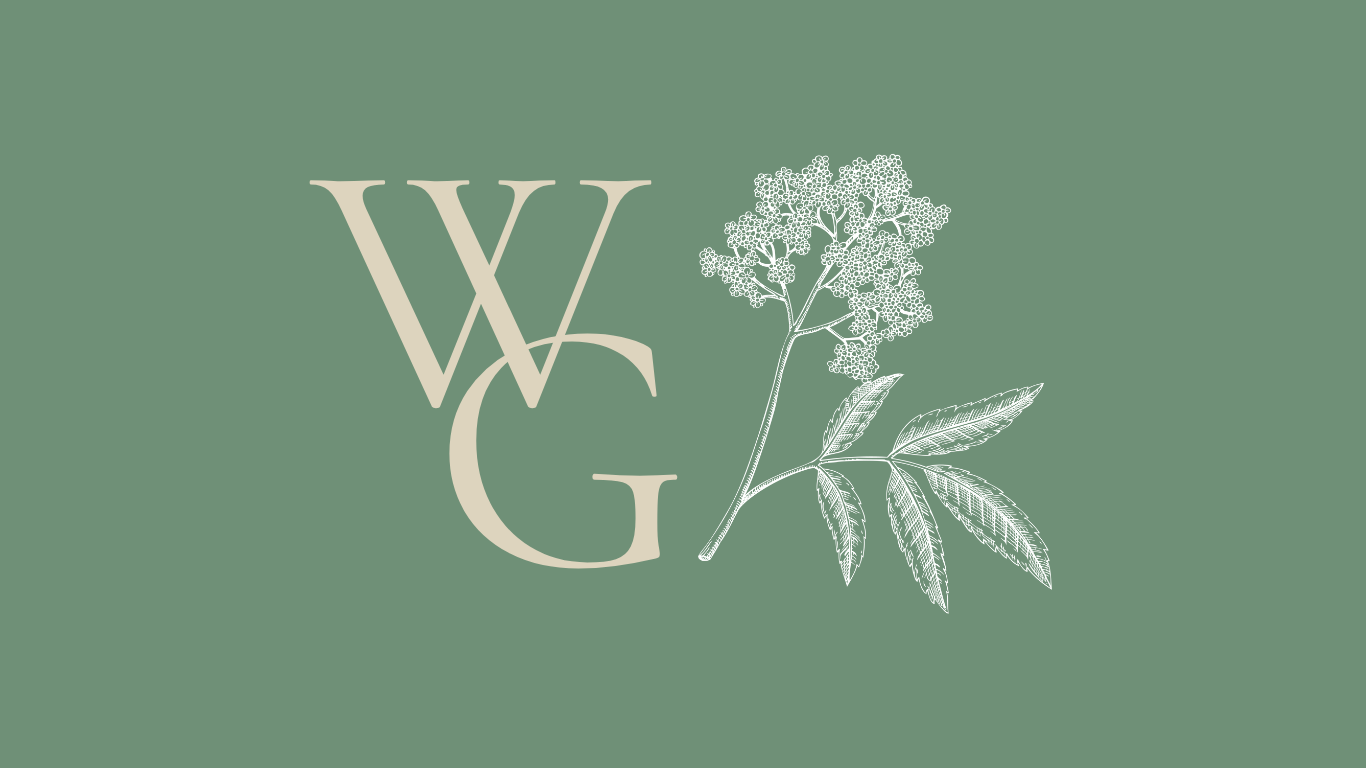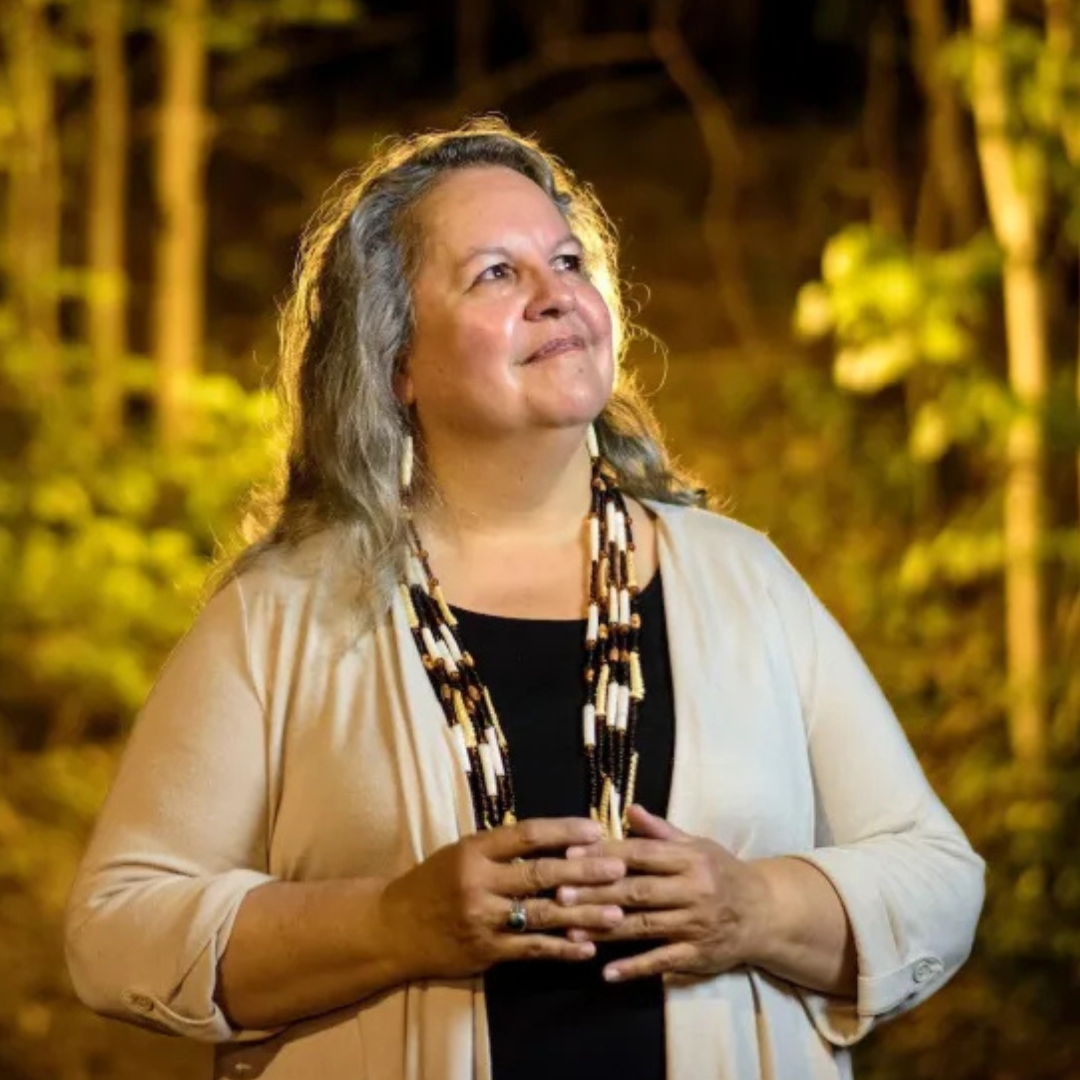Robin Wall Kimmerer and the Teachings of Reciprocity
“Paying attention is a form of reciprocity with the living world.”
— Robin Wall Kimmerer
The renewal of ecological culture requires both knowledge and gratitude. Robin Wall Kimmerer has become one of the most influential voices articulating this vision, weaving Indigenous teachings and Western science into a framework of reciprocity. Her work demonstrates that ecological resilience depends not only on biological processes but also on cultural values, reminding us that human flourishing and the flourishing of the Earth are inseparable.
Robin Wall Kimmerer is a member of the Citizen Potawatomi Nation, a botanist, and Distinguished Teaching Professor of Environmental Biology at the SUNY College of Environmental Science and Forestry. She is the founding director of the Center for Native Peoples and the Environment, which brings together traditional ecological knowledge and scientific research to address environmental challenges.
Her book Braiding Sweetgrass: Indigenous Wisdom, Scientific Knowledge, and the Teachings of Plants (2013) reached a global audience, becoming a landmark text in ecological literature. She is also the author of Gathering Moss: A Natural and Cultural History of Mosses (2003), which won the John Burroughs Medal for Natural History Writing.
Kimmerer’s philosophy emphasizes reciprocity, kinship, and gratitude as essential dimensions of ecological practice.
The Earth as kin: plants, animals, waters, and soils are living relatives.
Gratitude as practice: thankfulness is foundational to ethical relationship with the land.
Reciprocity as ethic: receiving from the Earth requires giving back in care and responsibility.
The gift economy of nature: ecosystems thrive on cycles of giving rather than extraction.
The weaving of science and story: traditional knowledge and Western science are complementary ways of knowing.
Mutual flourishing: human well-being and ecological well-being are interdependent.
Kimmerer’s work reshapes the intellectual and ethical foundations of ecology. By articulating the Earth as gift, she reframes environmental practice from one of resource management to one of relationship. Her blending of Indigenous knowledge with scientific research expands the scope of ecological thought, challenging the dominance of extractive paradigms in both academia and policy.
Philosophically, her teaching emphasizes that ecological resilience is inseparable from cultural renewal. To live regeneratively requires cultivating gratitude, practicing reciprocity, and recognizing kinship with the more-than-human world. This perspective not only informs land stewardship but also reorients education, ethics, and community life.
Robin Wall Kimmerer has given voice to a truth often felt but seldom named: that “all flourishing is mutual.” Her writings remind us that ecological healing begins with attention and gratitude, and that to tend the land is to enter a covenant of reciprocity. Her legacy is not only scientific or literary but cultural, offering a path toward a future in which care for the Earth and care for each other are one and the same.
Resources & Further Reading

